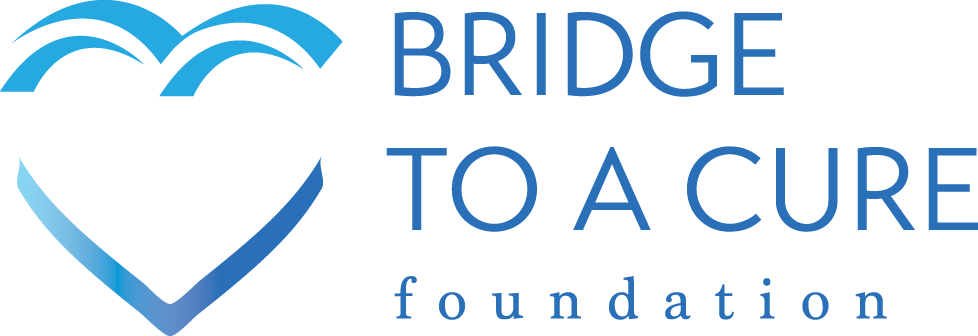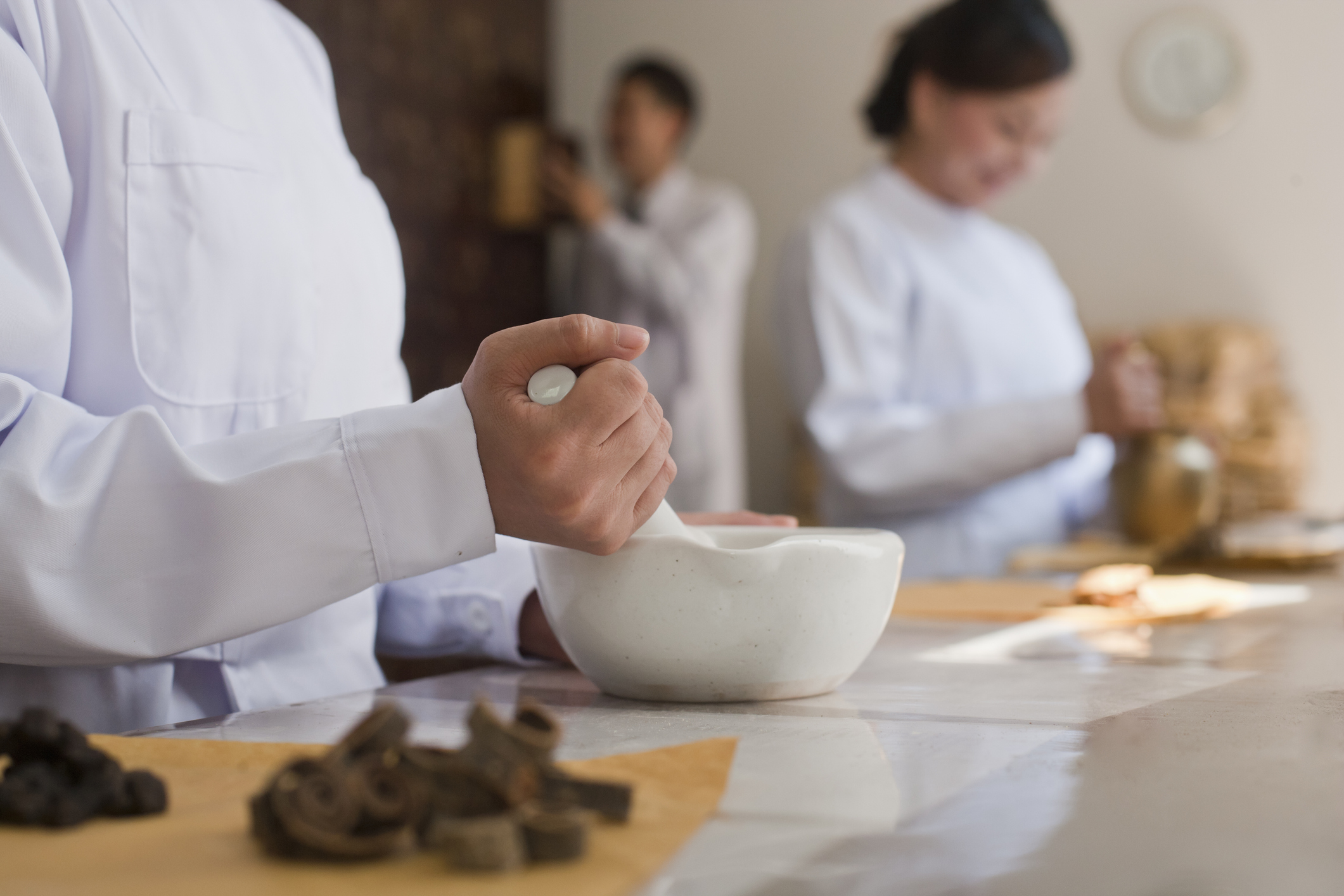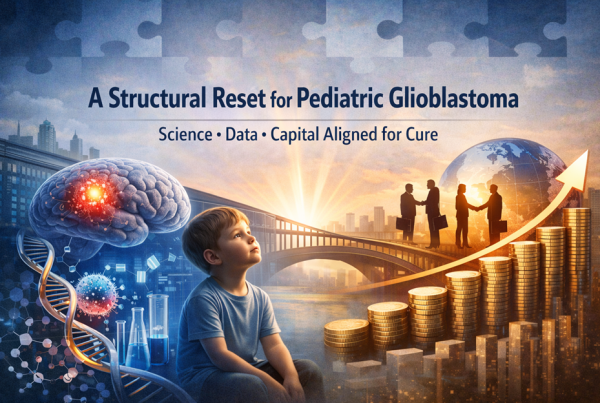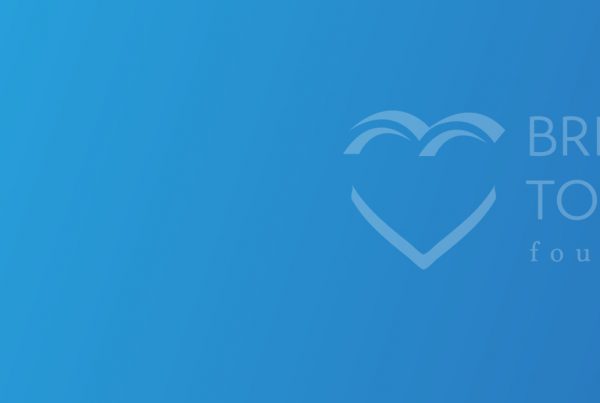Alternative, less toxic treatments warrant the same level of robust research as pharmaceuticals.
The horrific journey a child and family travel as they navigate cancer cries out for us to explore options beyond the current standard of care. Bridge To A Cure Foundation’s approach does just that by expanding the standard approach to attacking cancer cells in two ways:
- We advocate expanding the field of attack to also address the four pathways disrupted by the cancer that compromise the body’s natural defense systems:
- Angiogenesis — Growth of new blood vessels that fuel tumor growth.
- Apoptosis — Normal cell death which cancer evades.
- Immunity — The body’s mechanisms to detect and destroy
- Metabolism — Tumors rewire metabolic processes for continuous growth.
- We advocate expanding the arsenal of treatments to include alternative medicine and other non-traditional methodologies such as:
- Traditional Chinese medicine
- Vitamin therapy
- Diet and Nutrition
By expanding the field of attack and the arsenal of treatments, the toxicity level of the standard of care approach can be reduced and the prospects for cures increased. We can also make the journey more tolerable and the outcome more hopeful for kids facing cancer.
Until recently, alternative cancer treatments, also known as Complementary and Alternative Medicine (CAM), focused on palliative care — relieving pain and other symptoms to improve quality of life. As research advances, herbal medicines and some other therapies considered “alternative” are showing promise to bolster the health and immunity of patients undergoing radiation and/or chemotherapy. For instance, extract of viscum album (Korean mistletoe) is used to bolster patients’ immune systems that have been compromised by radiation and chemotherapy.
Some CAM treatments also show promise for directly attacking the disease, and for bolstering the body’s four protective processes that can become pathways for cancer.
Attacking the Disease
Pediatric brain tumors have the highest death rate of all childhood cancers, yet are among the most poorly funded when it comes to research. A new study in the United Kingdom is looking at whether cannabidiol (CBD) can help shrink brain tumors in children. Another study is looking at how CBD promotes apoptosis in glioblastoma, the most common primary malignant brain tumor in adults.
“Numerous investigations of the last decade demonstrated cytotoxic effects of cannabinoids, including non-toxic cannabidiol (CBD) without psychogenic activity, on human and mouse glioblastoma cells,” the study states.
Boosting Apoptosis
Herbal medicines that have been used for thousands of years in China are the subject of research into their effect on promoting death of cancer cells and boosting the immune system. These include ginger, (which contains phenolic compounds that have been shown to be toxic to some tumor cells) and resveratrol (a phytoalexin found in grapes that is known to causes apoptosis in some cancers).
Angiogenesis: Cutting Cancer’s Energy Source
Tumors survive and grow through angiogenesis, forming new blood vessels that supply them with oxygen and nutrients. Research shows that many natural health products inhibit angiogenesis. These include ginger, aloe vera, green tea, garlic, grape seed extract, fish oils containing omega-3 fatty acids, resveratrol found in red wine and grapes, and antioxidants such as vitamins A, C, and E.
Metabolism: Slowing Tumor Growth
The ketogenic diet used to control spikes in blood sugar in diabetics also shows promise in inhibiting glucose that fuels growth of certain malignant tumors. In one study, researchers looked at how the diet restricts growth of glioblastoma tumors. In another, they studied effects of the diet on tumor metabolism in two pediatric oncology patients suffering from advanced stage astrocytoma, a type of brain cancer. The results were among the clearest evidence yet that changes in diet and nutrition can help fight cancer.
“Within seven days of initiating the ketogenic diet, blood glucose levels declined to low-normal levels and blood ketones were elevated twentyfold to thirtyfold. Results of PET scans indicated a 21.8% average decrease in glucose uptake at the tumor site in both subjects. One patient exhibited significant clinical improvements in mood and new skill development during the study. She continued the ketogenic diet for an additional twelve months, remaining free of disease progression.
“While this diet does not replace conventional antineoplastic (chemotherapy) treatments, these preliminary results suggest a potential for clinical application which merits further research,” the study says.
Immunotherapy: Bolstering the Body’s Natural Defense System
The body’s natural immune system is often ineffective in fighting off cancer because it does not recognize cancer cells as intruders. Immunotherapy, also known as biological therapy, helps boost the body’s immune response and train it to identify and destroy cancer cells. It includes stem cell transplants that are helping young patients beat neuroblastoma, leukemia, and lymphoma
Immunotherapy can be used as an alternative to chemotherapy and radiation and the damaging long-term side effects they can cause for children suffering from cancer.
“Immunotherapy has already led to major advances in the treatment of many types of cancers, and has been approved as a first line of treatment for several. Its effectiveness has also been proven against types of cancer that have been historically resistant to chemotherapies and radiation treatments,” states an article from Cancer Research Institute.
Adjusting the Sails
The journey children with cancer and their families travel is horrific and the outcomes often discouraging. At Bridge to A Cure Foundation we want to reduce the agony of the journey and increase the probability for happier outcomes. Expanding the field of attack and the arsenal of treatments to reduce toxicity and improve outcomes offers that potential.
There is a famous quote by William A. Ward: “The pessimist complains about the wind; the optimist expects it to change; the realist adjusts the sails.” Rather than continuing the current standard of care and expecting a different outcome, it’s time we take the realist’s approach. At Bridge to A Cure Foundation, we are working to adjust the sails.
